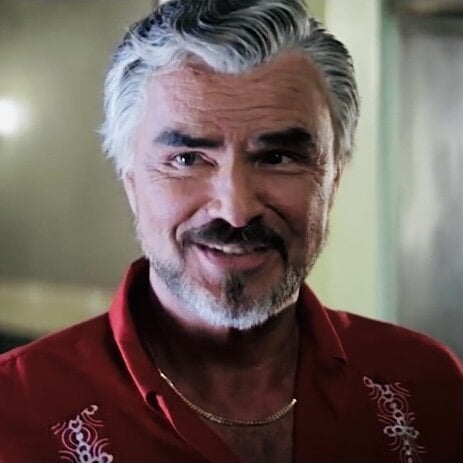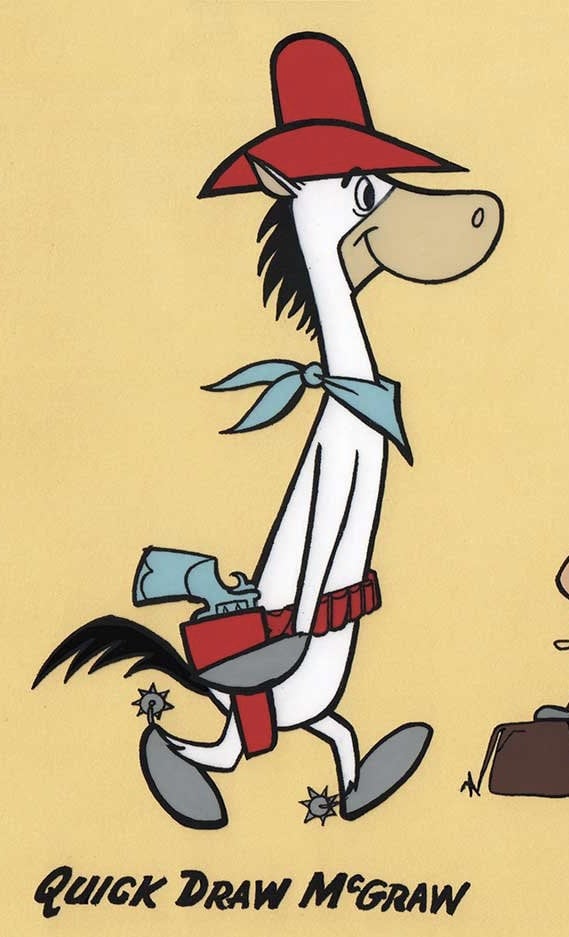how much fire have you fought, and how hot does it feel inside the suit while fighting fire?
I’ve been a wildland firefighter for twenty seven years, and an urban firefighter now for about 1 year. Both can get hot to the point of discomfort, but it’s better than the alternative. The wildland clothing is designed to protect you from radiant heat while allowing body heat to escape, and the structural gear to basically encapsulate you, trapping in your body heat, but keeping out the hot gasses and radiant heat around you.
A big wildfire will put out the equivalent of 20000 single bar radiators per meter. A compartment fire at the point of flashover can be up to 600 degrees C.
You don’t really want to be in either of those situations, even with the right clothing.
I’ve got a lot of questions. Please feel free to ignore some of them if it’s too much.
What are the pay and hours like? Is there any difference between wildfires and urban firefighting, as far as that goes?
How did you get into this line of work? What has kept you there?
I’ve seen documentaries where firefighters cook for each other, but I think that was usually in a city. Is that a thing in wildland firefighting too?
Any interesting or memorable moments that stand out and you’d be willing to share?
What are the pay and hours like? Is there any difference between wildfires and urban firefighting, as far as that goes?
Enormous differences between countries, states, localities and agencies, so it’s a bit too broad a question to answer to be honest. The range is everywhere from volunteer basis to full-time shift work for both kinds of firefighting
How did you get into this line of work? What has kept you there?
I started as a volunteer firefighter after seeing the impact of major wildland fires near where I lived at the time. I felt the need to help, and joining up seemed like the best way to do it. I’ve kept going because it’s my way of contributing to my community, helping people in ways that they can’t help themselves, and it’s fun!
I’ve seen documentaries where firefighters cook for each other, but I think that was usually in a city. Is that a thing in wildland firefighting too?
Where I live that’s more of a thing where platoons work together on a shift basis, which is usually in the cities. Wildland firefighters tend to get provided food when in the field and bring their own if working in an office.
Any interesting or memorable moments that stand out and you’d be willing to share?
- Sitting in a fireboat on a river watching a water bombing helicopter dipping less than 100m away was pretty awesome.
- At the top of a ridge at 1am with fire burning below and the whole scene looking totally surreal from the red and blue lights of ten trucks reflecting back off the smoke all around us.
- Seeing the panic in peoples eyes when they learn that a new fire has started that might become a threat to their homes. A very knowledgeable firefighter once said to me “someone has to have the job of calmly looking like they know what’s going on, that the fire is manageable, and that they are getting to work”.
- Lying on my back in breathing apparatus in a hot-cell (closed shipping container with a fire lit in it) watching waves roll back and forth above me between the smoke layer and the air layer below it
- Sitting near a dead motorcyclist for two hours waiting for crash investigation to arrive and do their thing.
There are many more, but that’s a sample.
Was being a firefighter a long-term goal that you worked towards, or did you stumble into it, or…?
It fit with my love of adventure, but for quite a while it was on a volunteer basis, so it was also kind of a hobby. From there I’ve realized it’s a good career.
Is it fun or annoying when people bring their kids into the station to see the trucks?
Not if it’s on an open day. Otherwise the station is often locked up.
The fascination kids have with fire trucks is actually quite magical. They go into a kind of overload if you let them hold a hose and spray some water.
Have you suffered any persistent or life-changing injuries?
Luckily not. I’ve injured my lower back, which took many years to fully recover from.
The biggest health threat is actually cancer. Smoke is highly carcinogenic, especially smoke from buildings, cars, garbage etc… Fire services are getting better at protecting firefighters from this risk, but there’s still a long way to go.
Is your life like the TV show Rescue Me?
I haven’t watched that show. Sorry.
Do you have any fires that stand out in your memory? Take this as your open ended question to share any stories you want an excuse to tell.
I’m in Australia and Black Summer (September 2019 to Jan 2020) was horrific. The scale and intensity of the devastation was completely unprecedented.
It was a time of enormous stress for everyone. The entire eastern half of Australia which is roughly equivalent in size to the area from Florida to the Canadian border was blanketed in smoke and whole towns were destroyed. Over 10 million hectares of bush burned. It is estimated that over 3 billion animals were killed or displaced.
The only thing on the news was the fires, and everyone was constantly glued to the apps which told them where the fires were as they watched the fires get bigger and bigger and closer to their homes every day. Carbon monoxide exposure has been linked to depression and I personally believe that part of the reason we have a mental health crisis at the moment is due to that fire season.
Fires were burning through rain-forest gullies that normally are too wet to burn. Once rain-forest burns, it takes hundreds of years for it to return to a rain-forest ecosystem as the plants are not fire adapted. Whole species have been pushed to the verge of extinction by the destruction of their habitat.
Those fires were when I decided I no longer had any time for climate change deniers. Shit’s got real now.
I remember early in 2020 talking about the bush fires and thinking that it was a crazy way to start the year. Little did we know then what a year it would be…
Thanks for sharing!
How much can you bench press
It’s not quite that simple. We have to be able to drag a 100kg person out of a very hot building while wearing 15kg of equipment which restricts your range of movement while on your hands and knees with zero visibility.
Ideally, a firefighter needs to be strong, but not bulky (though some are). Excess muscle just adds weight so ‘wiry strength’ is more practical. We also have to be flexible to be able to work while crouching, have good cardiovascular fitness, and be able to deal with peak stress conditions. I wear a smart watch and it’s not unusual for me to exceed the theoretical maximum heart rate for my age. I train specifically to push my heart above the cardio range.
Congrats on making a big jump from wildland to the structure side after so many years.
Not sure where you are at location wise, but how was your probation with having that much life experience behind you?
Excellent question. It was a little challenging in that people assumed I knew nothing and I assumed I knew more than I did. It all worked out well in the end though, partly because I’m happy to be a grunt on the end of a hose again.
When facing a fire, do you have a momentary pause where you think “I may not make it out of this”? How do you overcome such fear and fight fires with such bravery?
My life is boring in comparison and I can’t imagine how it feels to put yourself in these situations time after time. I’m very grateful that you do.
We are trained to read the conditions, control the conditions and to treat firefighter safety as the number 1 priority. Adrenaline and urgency don’t really give you space to stand around and think up fears. You just follow your training when you need to act. When you don’t need to act it’s all safe and you crack jokes with other firefighters.
There was only really one oh-fuck moment that I remember. It was during a backburn. The dozer had pushed some big trees to the fire side of the trail and when we it it up the fire got really big. I was outside the truck the radiant heat started burning my face. I sort of went into a huddle on my haunches, put my collar up (we have really big collars), my visor down and after a minute or two, hightailed it to the safety of a truck.
Im guessing *.ca means Canada. If so, is the plan to still let everything keep burning?
The beauty of the fediverse is that I don’t need to be in Canada to participate on a community on a Canadian instance. The short answer is that I’m not in Canada, and can’t speak to their specific strategy.
Broadly speaking though, wildland fires are typically fought by using a technique called backburning. That involves waiting until the weather eases somewhat and then lighting a fire in front of the main fire to burn back towards the main fire, creating a buffer zone of burned ground in front of it. This denies the fire new fuel to burn. The more favourable weather and the fact that the backburn is burning against the wind means that the backburn will typically be cooler and slower than the main fire, and hence more manageable.
This kind of strategy can take time though, and large fires can have huge perimeters to manage.
Thanks for the detailed reply!
It is kinda cool that there is actually a legitimate strategy to fight fire with fire haha! https://youtu.be/YkPhka2m_D0/&t=42s






